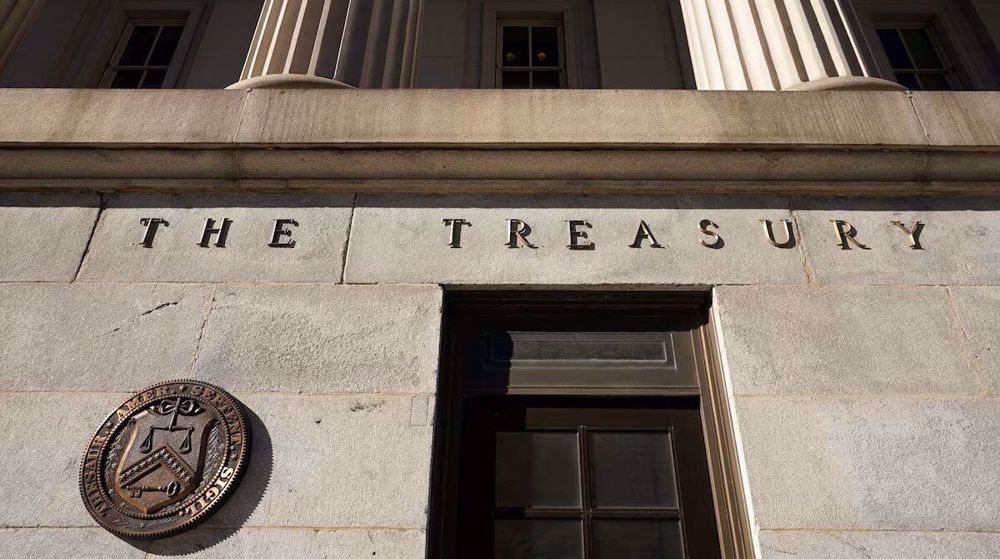Trump signs sanctions bill targeting Russia, Iran, North Korea
US President Donald Trump has reluctantly signed into law a bill by Congress that imposes new sanctions against Russia, Iran and North Korea, according to the White House.
Trump had signed the bill behind closed doors and away from the cameras, two White House sources said Wednesday.
In signing it, Trump avoided the humiliating prospect of Congress overriding his veto, the White House sources said.
The president had privately opposed the measures and his aides had lobbied against them.
Congress passed the new sanctions package last week against Russia, Iran and North Korea.
The bill imposes tough additional sanctions on Russia over Moscow's alleged meddling in last year's US presidential election and Crimea's reunification with Russia in 2014.
Trump's reluctance to sign the bill was clearly evident in a signing statement, in which he called the legislation "significantly flawed" with "unconstitutional provisions."
“While I favor tough measures to punish and deter aggressive and destabilizing behavior by Iran, North Korea, and Russia, this legislation is significantly flawed," he said in the statement.
"In its haste to pass this legislation, the Congress included a number of clearly unconstitutional provisions," he said.
The president said he would "honor" some of the legislation's provisions, but declined to say it would be fully implemented.
The legislation targets the Russian energy sector, allowing the US to sanction companies involved in developing Russian oil pipelines, and placing restrictions on some Russian arms exporters.
It also conspicuously limits Trump's ability to waive the penalties, a sign of mistrust by the Republican controlled Congress which remains concerned by Trump's friendly words for President Vladimir Putin.
Read More:
Putin ordered some 755 US diplomats to leave the country after Congress passed the bill.
Russian Deputy Foreign Minister Sergei Ryabkov warned Sunday that more retaliatory moves would come if the bill was signed into law.
The bill also includes new sanctions on Iran over its ballistic missile program and “continued support for terrorism.”
The anti-Iran sanctions come following two sets of sanctions that were rolled out in February and May by the US Treasury Department over Iran's missile program.

US announces new Iran sanctions despite ongoing nuclear talks

Canada should ‘never forget’ US betrayal; old relations ‘over’: New PM

Biden officials refrained from exerting pressure on Israel for Gaza ceasefire: Report
Yemen warns US, West: We have 8 million fighters ready, may expand our war
Gaza’s humanitarian crisis deteriorating ‘beyond imagination’: UN chief
US announces new Iran sanctions despite ongoing nuclear talks
Iraqi MP files lawsuit against Syria’s leader Julani over 'terrorist' past
Iran urges Germany to probe wartime supply of chemical weapons to Iraq
Over 65,000 children hospitalized for malnutrition as Israel starves Gaza
Hamas condemns Gaza blockade as war crime, demands global action
At ICJ hearings, South Africa says Israel committing genocide with 'impunity'
















 This makes it easy to access the Press TV website
This makes it easy to access the Press TV website